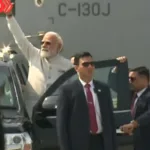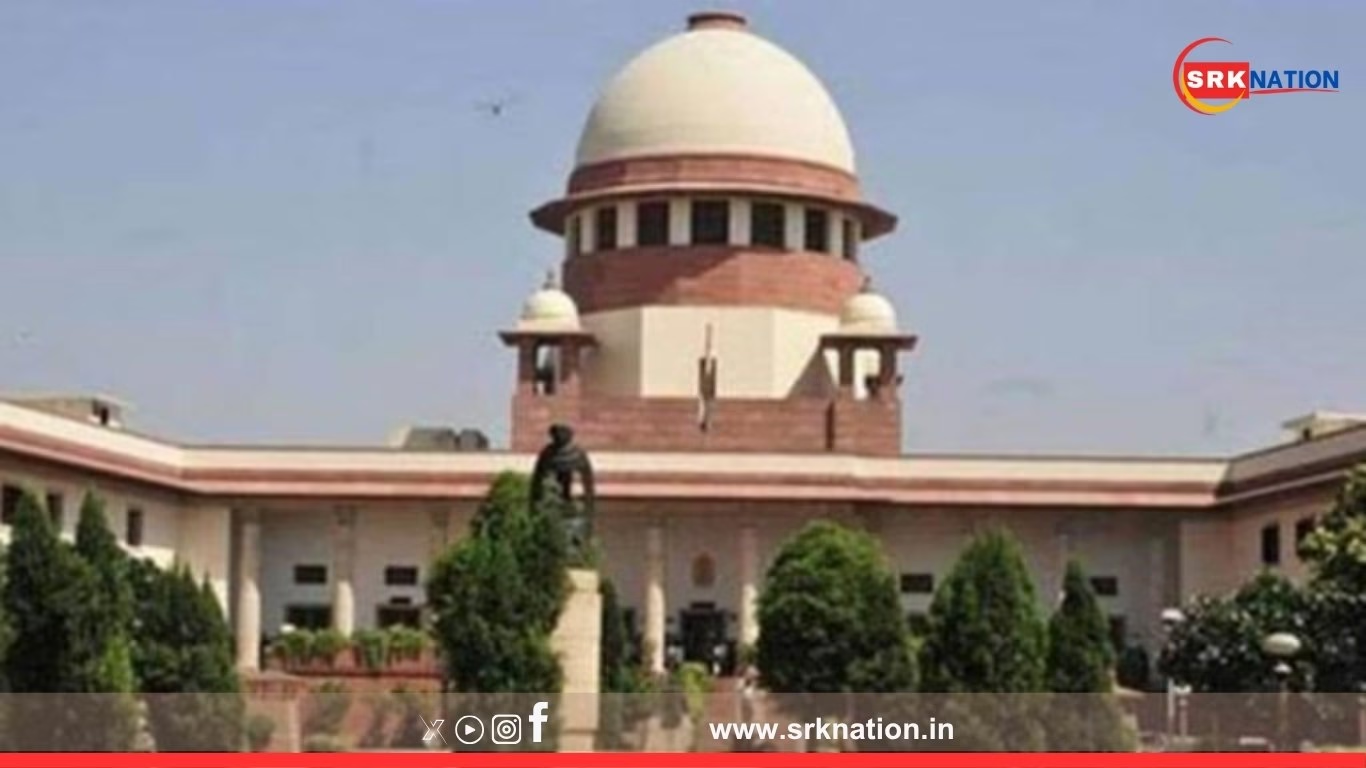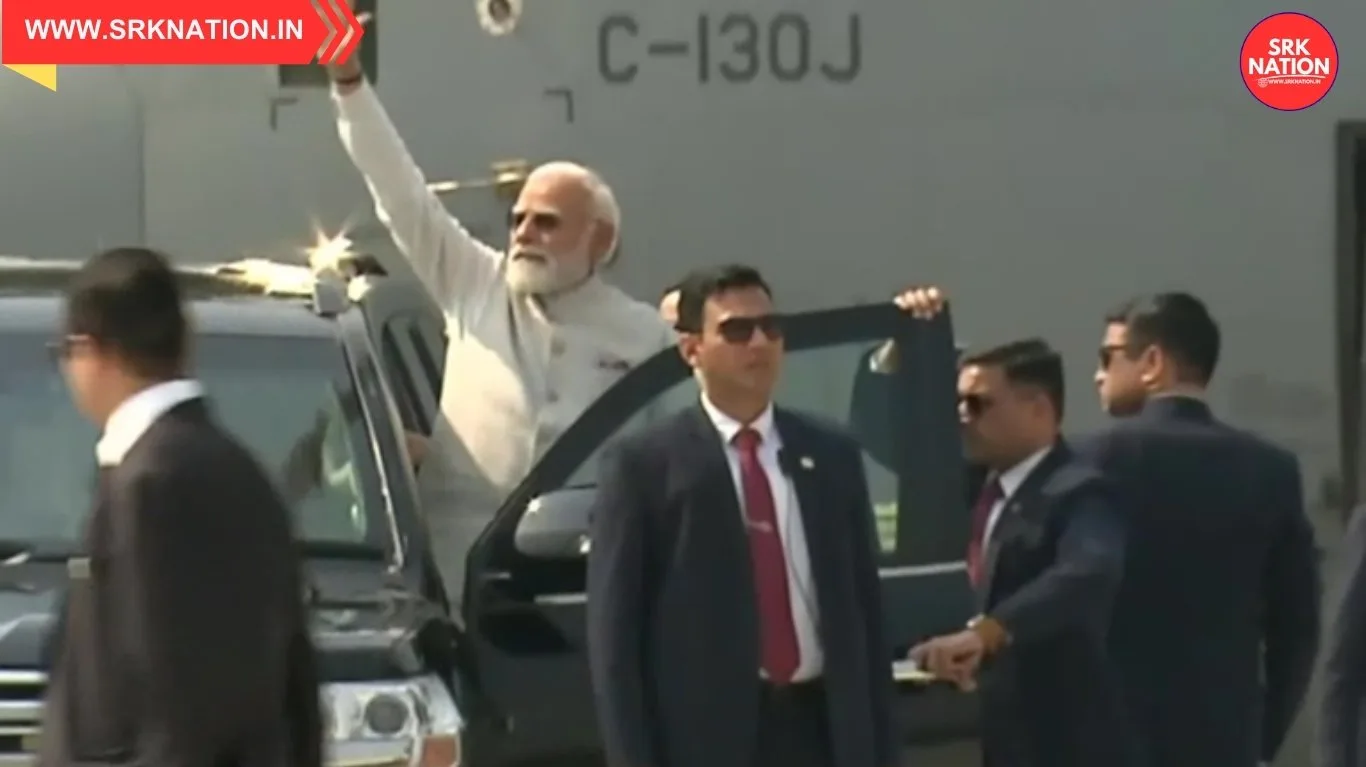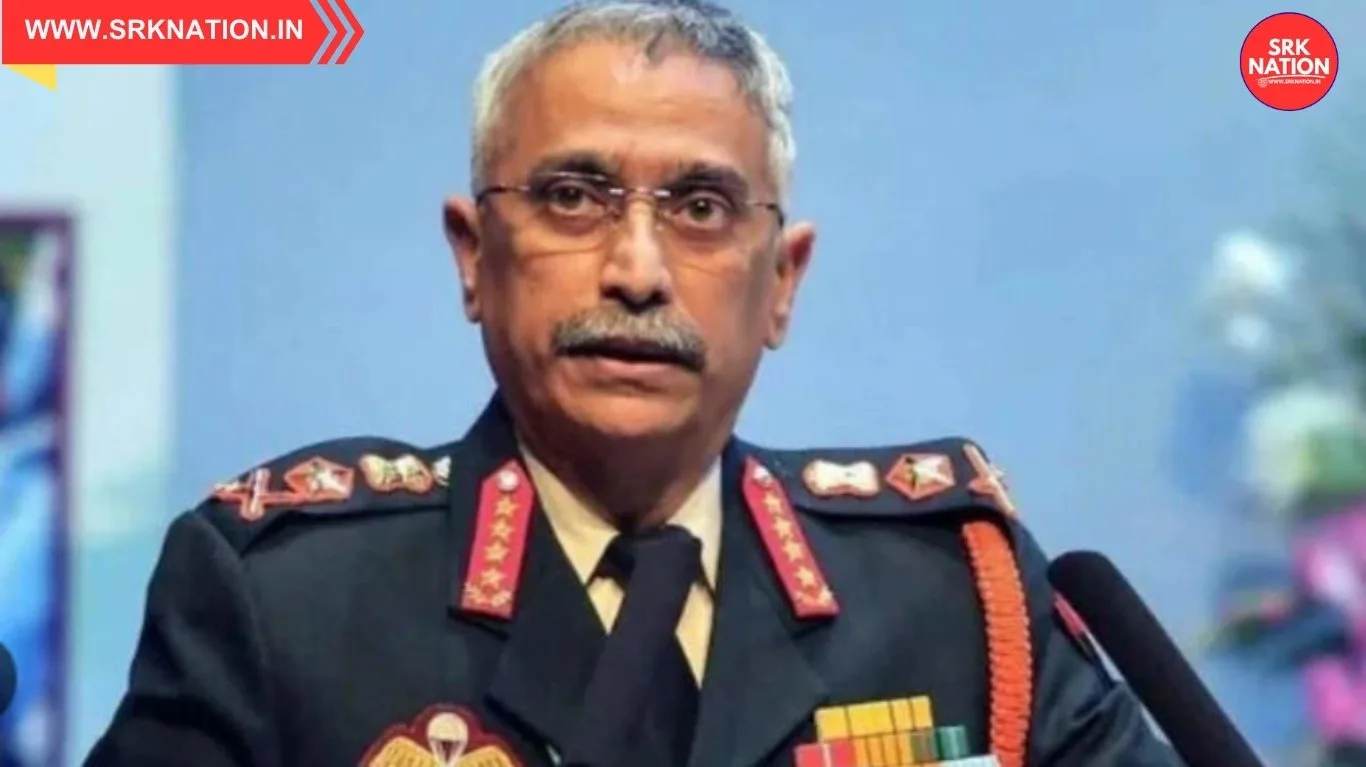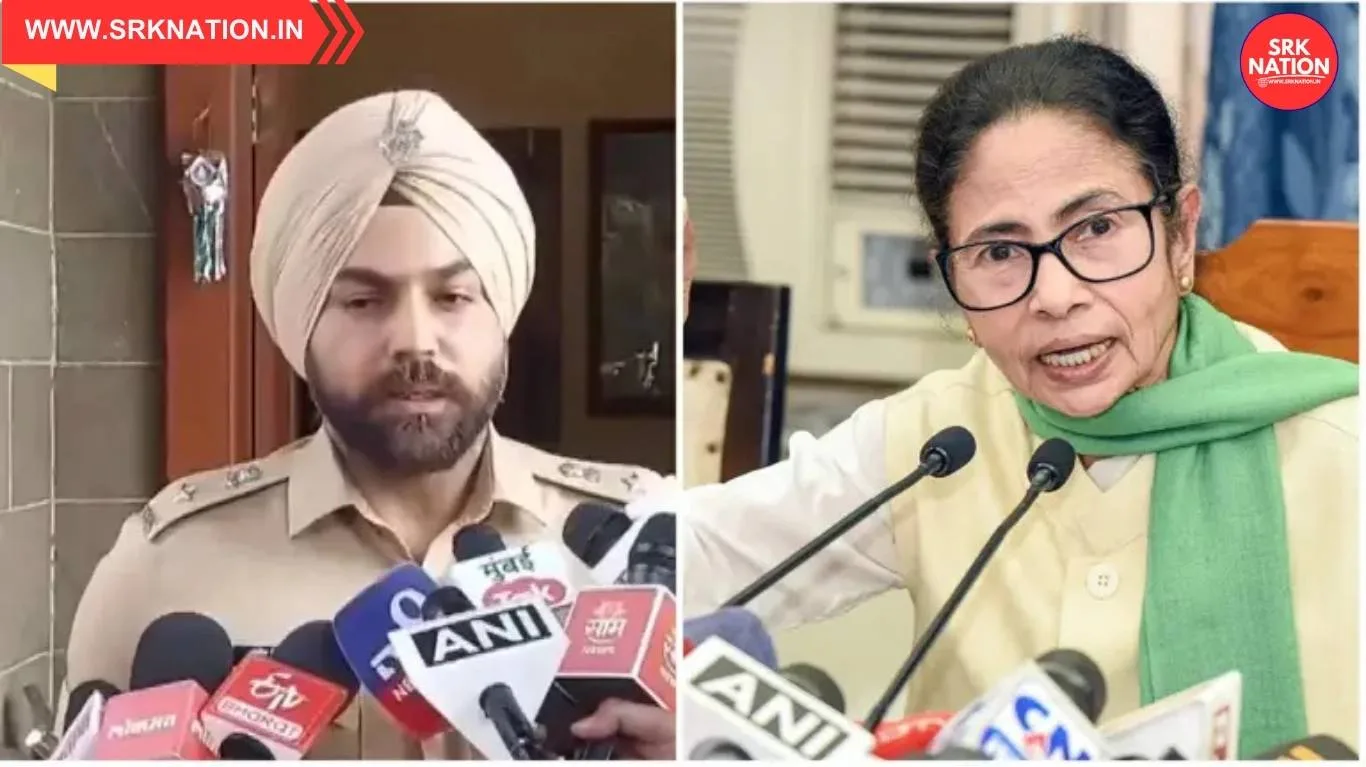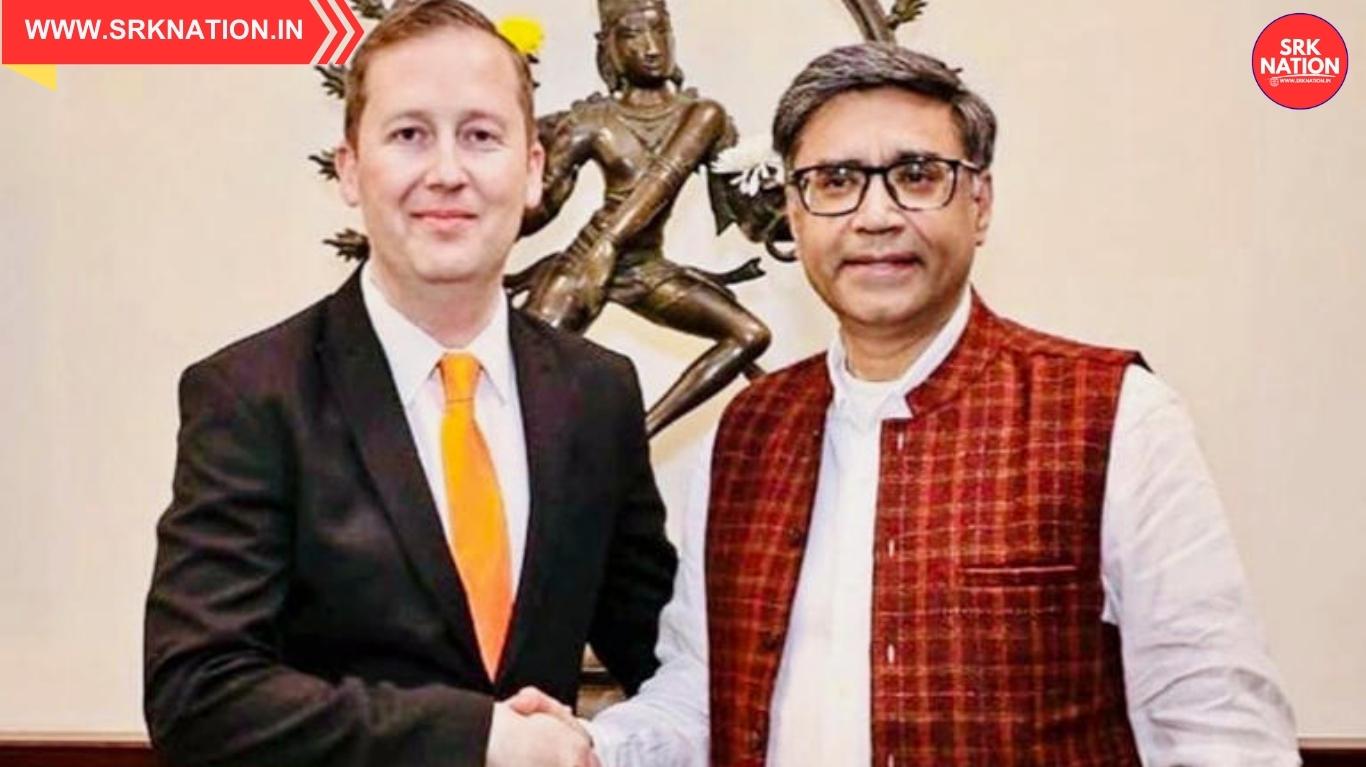The Supreme Court of India has taken suo motu cognisance of an emerging legal and constitutional issue regarding probe agencies summoning or questioning lawyers who represent accused individuals or political parties. The apex court’s intervention comes amid rising concerns within the legal fraternity about potential intimidation, breach of confidentiality, and violation of professional ethics when enforcement or investigating agencies compel lawyers to appear before them.
What triggered the suo motu action?
The suo motu case was initiated after multiple petitions and mentions by senior advocates highlighted:
- Repeated summons issued to defence lawyers by probe agencies such as the Enforcement Directorate (ED) and Central Bureau of Investigation (CBI) in high-profile cases.
- Allegations that such summons are being used as tools to pressurise clients through their legal representatives.
- Concerns that questioning lawyers compromises attorney-client privilege, a core principle of natural justice.
Bench composition and immediate directions
The case was listed before a bench led by Chief Justice of India (CJI) DY Chandrachud, alongside Justices JB Pardiwala and Manoj Misra. The bench issued notices to:
| Respondents | Purpose of notice |
|---|---|
| Union Ministry of Home Affairs | To clarify policy and legal basis of such summons |
| Central Bureau of Investigation (CBI) | To explain procedures adopted while summoning advocates |
| Enforcement Directorate (ED) | To respond to specific instances raised by Bar bodies |
| Bar Council of India (BCI) | To submit legal perspectives on protection of attorney-client privilege |
Observations by the Supreme Court
During the preliminary hearing, CJI Chandrachud remarked:
“We cannot allow a chilling effect on lawyers discharging their professional duty. Summoning lawyers of parties under investigation raises constitutional questions about due process and the right to legal representation.”
Justice Pardiwala added that while probe agencies have the power to summon anyone relevant to an investigation, the privilege of confidentiality between lawyer and client cannot be ignored without compelling reasons.
Key concerns flagged
| Concern | Explanation |
|---|---|
| Attorney-client privilege breach | Summoning lawyers risks disclosure of client’s confidential strategy and admissions. |
| Intimidation tactics | Repeated questioning can be perceived as harassment to isolate accused persons from their legal advisors. |
| Professional independence | Undermines lawyers’ duty to represent clients fearlessly. |
| Due process violation | May infringe Article 21 (right to life and personal liberty) and Article 22(1) (right to legal counsel). |
Cases cited before the bench
Senior advocates representing Bar associations referred to specific incidents such as:
- Enforcement Directorate summons to lawyers representing political leaders under money laundering investigations.
- Instances where defence counsel were summoned to produce documents, allegedly unrelated to their role as advocates.
- Concerns raised by state Bar councils on how such actions affect the sanctity of court proceedings.
Reactions from the legal community
The legal fraternity has widely welcomed the Supreme Court’s intervention. The Bar Council of India (BCI) issued a statement supporting the move, emphasising:
- Lawyers cannot be treated as tools to extract statements indirectly from their clients.
- Investigating agencies must adhere to procedural safeguards to avoid unconstitutional overreach.
The Supreme Court Bar Association (SCBA) called it a landmark move to protect lawyers’ independence, adding that:
“This suo motu case will reaffirm faith in the judiciary’s role as guardian of fundamental rights and rule of law.”
Government and agencies’ initial response
Officials from both CBI and ED maintained that:
- Summoning lawyers is done strictly when “they are themselves relevant to the investigation as witnesses or recipients of funds.”
- There is no intention to breach attorney-client privilege, and standard operating procedures (SOPs) ensure minimal intervention with the right to defence.
However, they added that clarity from the Supreme Court will guide future action and standardise practices across agencies.
Possible legal questions before the Supreme Court
- Whether probe agencies can summon lawyers solely based on their role as legal representatives?
- What is the extent of attorney-client privilege under Indian law?
- Can lawyers refuse to answer questions based on privilege protection?
- Should agencies require judicial oversight before summoning lawyers involved in ongoing cases?
Past jurisprudence on lawyer protection
India’s courts have consistently upheld the sacrosanct nature of attorney-client privilege, with key judgments stating:
| Case | Principle upheld |
|---|---|
| State v Navjot Sandhu (2005) | Lawyers have immunity from disclosing confidential communications unless related to the commission of a future crime. |
| CBI v R.K. Dalmia (1962) | Investigating agencies cannot seize documents from lawyers if protected under Evidence Act Sections 126-129. |
| Bar Council of Maharashtra v M.V. Dabholkar (1975) | Professional integrity of lawyers is integral to justice delivery and must be safeguarded from undue harassment. |
Potential broader impact
If the Supreme Court lays down clear guidelines, it will:
- Reinforce the independence of the Bar and sanctity of legal defence in criminal justice.
- Prevent misuse of investigating powers to intimidate political opponents via their lawyers.
- Provide probe agencies with clear SOPs to balance investigation with constitutional safeguards.
What happens next?
The court has fixed the next hearing in four weeks, seeking detailed responses and data on:
- Number of lawyers summoned by CBI and ED in the last five years.
- Nature of cases and grounds of summons.
- Comparative practices from UK, US, and Australia on this issue.
Disclaimer
This article is based on official Supreme Court orders, court observations, and verified statements from the Bar Council of India, with interpretations aligned to legal provisions and public interest reporting standards. Readers are advised that the final judgement or guidelines are pending and current content reflects preliminary proceedings and legal arguments as presented to the court.




